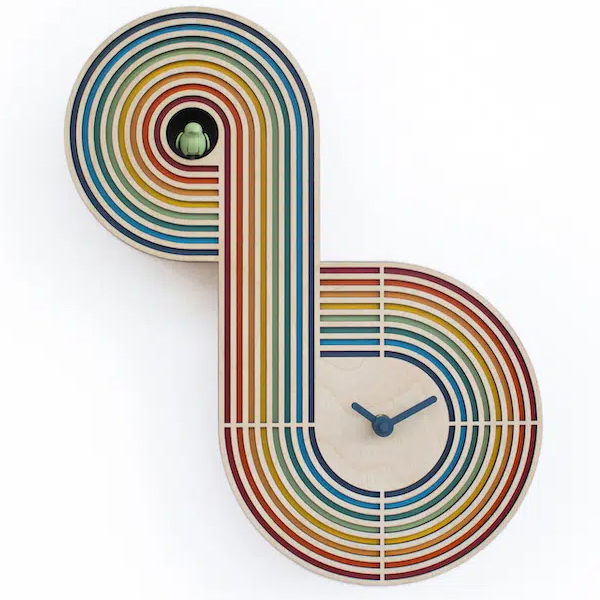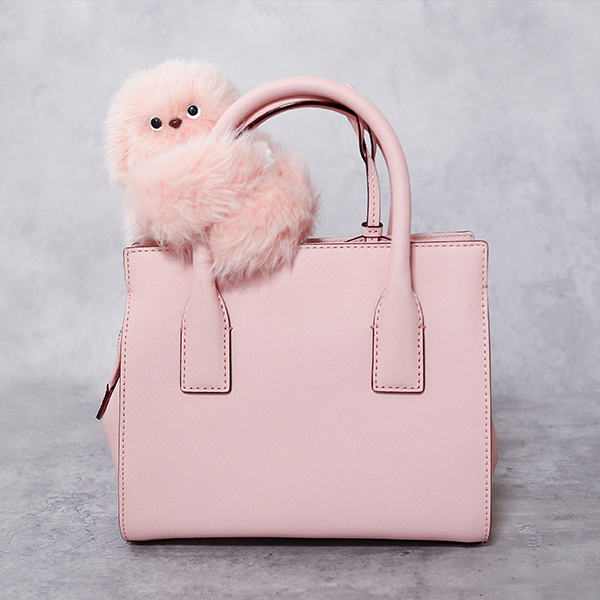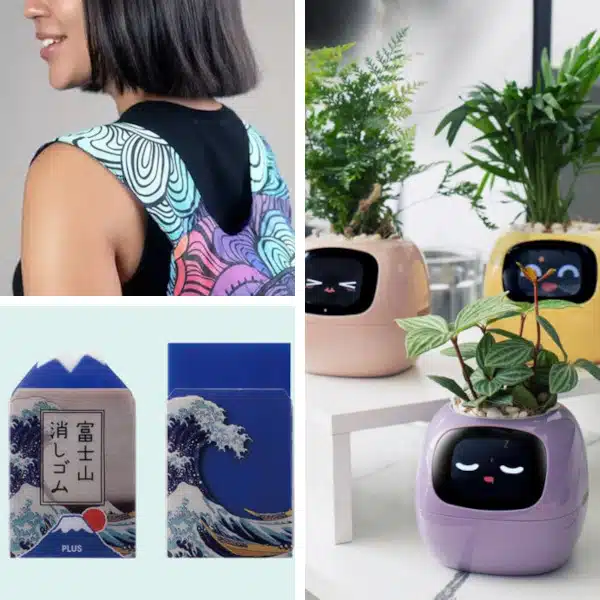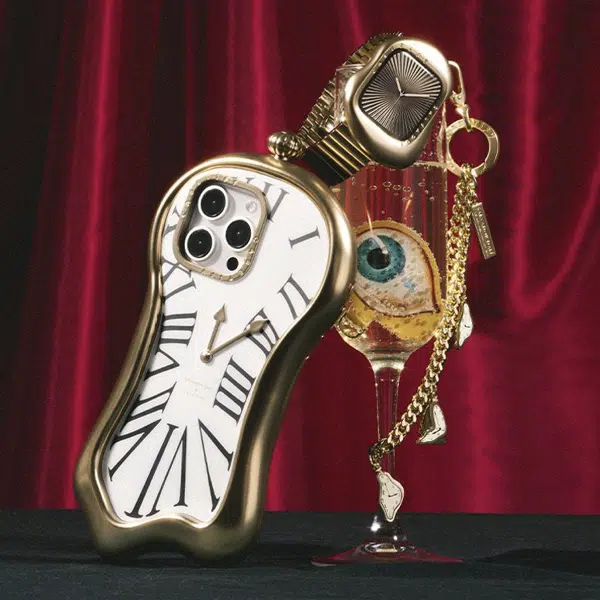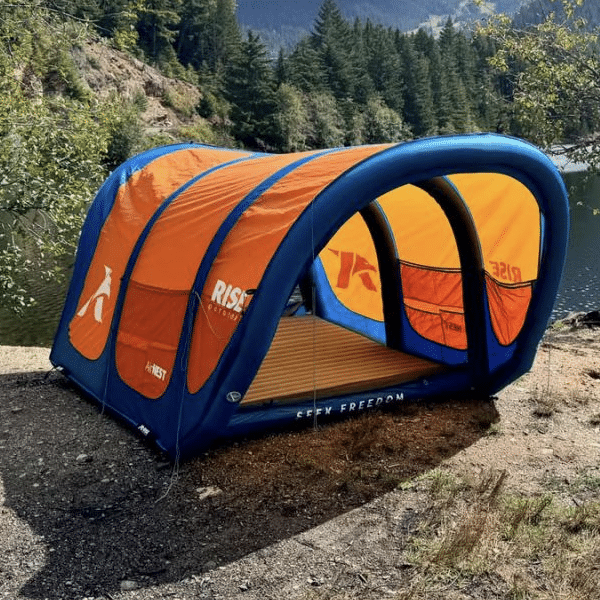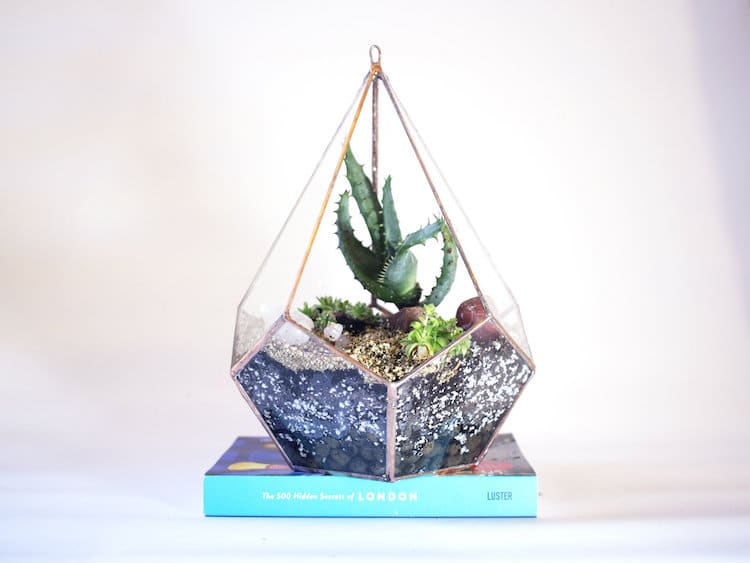
Photo: Geodesium
This post may contain affiliate links. If you make a purchase, My Modern Met may earn an affiliate commission. Please read our disclosure for more info.
Are you looking to brighten up your home? Terrariums are an easy—and fun—way to bring nature indoors. They’re endlessly customizable and can be made to complement a variety of decor. For years, terrariums have been the DIY of choice for many people—particularly those who aren’t ready to be full-on plant parents, because once you’ve got them assembled, they are relatively low maintenance.
What is a terrarium?
A terrarium is a small, enclosed environment that’s suitable for many plants. It’s essentially a greenhouse on a much smaller scale; the plants, rocks, and other elements are kept in a transparent container (typically glass, but plastic also works). They are either sealed or unsealed. But regardless, they work the same way—the plants and the soil release water vapor which then collects on the walls of the vessel and drips down the sides and back into the soil. In this way, they are self-sufficient and don’t need to be watered often (or at all).
How to make your own terrarium:
You can always buy a terrarium, but making your own is way more fun. You can create a DIY terrarium in just three steps.
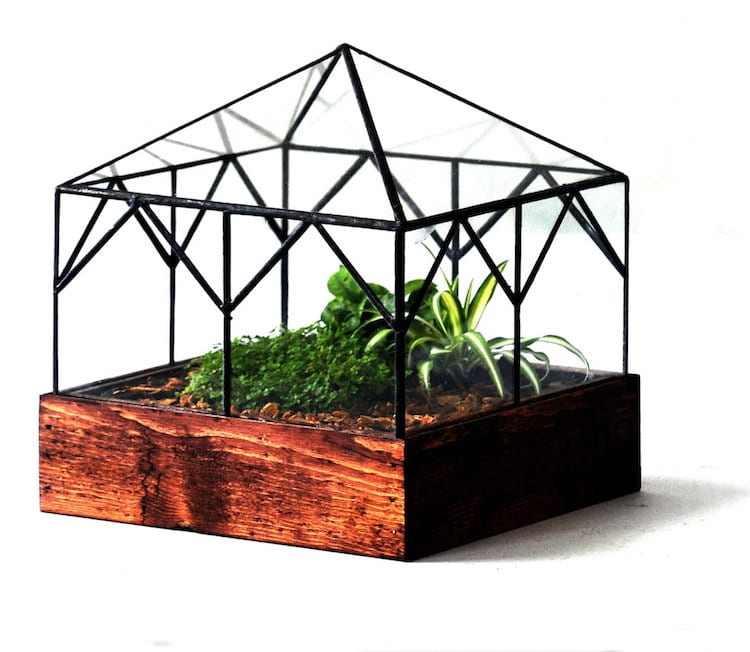
Photo: Leadhead Glass
1. Choose your container.
This initial step is where you get to showcase your sense of style. Choose a clear vessel based on what you like—it can be something as simple as a large jar or more elaborate like a glass geometric container. The angled tabletop displays are very popular right now and come in a variety of shapes, from cubes to diamonds. But if you prefer curves, there are plenty of bulbous glass planters—some of which hang from the ceiling.
2. Choose your plants.
The types of plants you choose will depend on the container you selected. Vessels that are completely closed require moisture-loving plants and moss. Containers that have an opening can hold succulents, cacti, and other houseplants. Make sure that whatever plant you choose grows slowly or else they'll take over your jar!
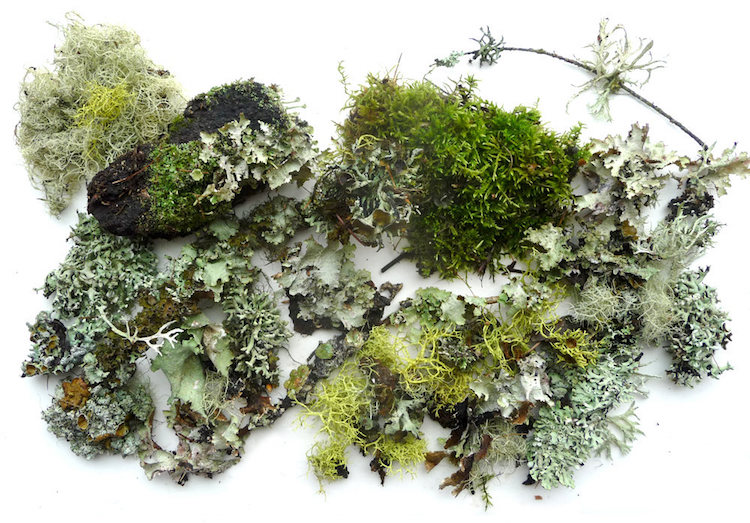
Moss works well for sealed terrariums. (Photo: Buffalo Girls)
Plants for sealed containers: Look for plants that do well in high humidity like ferns (such as the spider fern), starfish plant (does well in low light), golden club moss, Joseph’s coat, and the Moon Valley friendship plant.
Plants for open containers: Succulent and cacti lovers can rejoice—your favorite plants thrive in open container terrariums. Another houseplant that does well is the Gold Dust croton, which is a great visual contrast to bulbous succulent leaves. Air plants also do well.
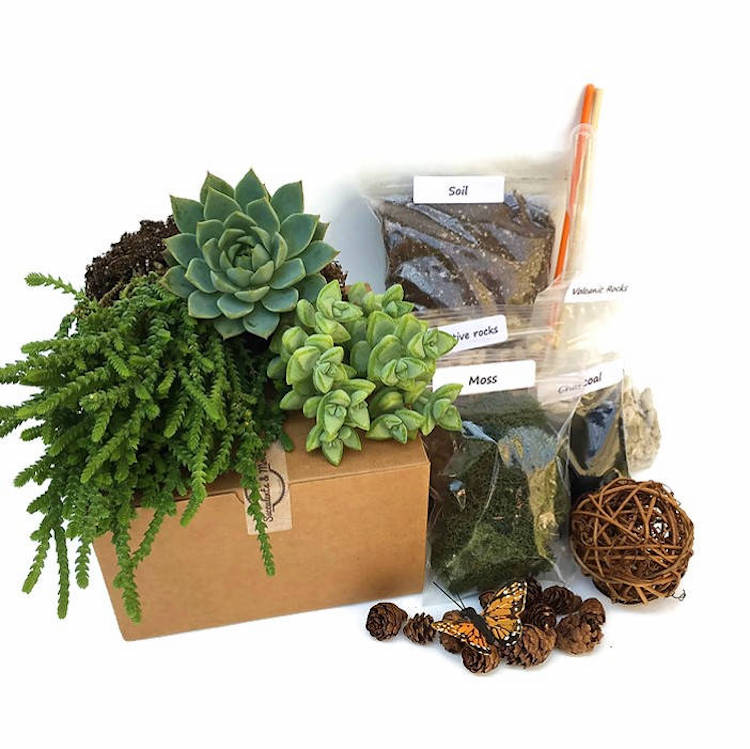
Succulents are perfect for open terrariums. (Photo: Succulent Gift Shop)













































































